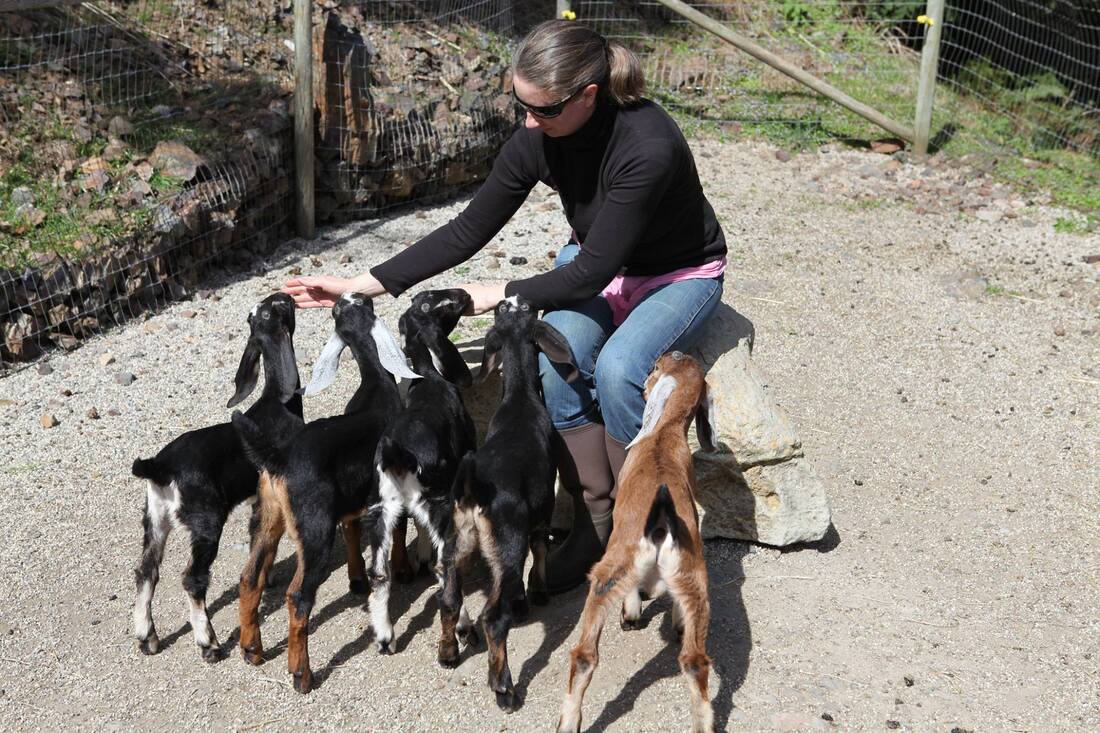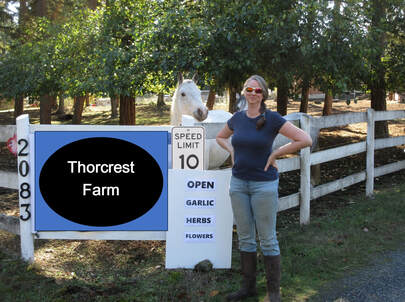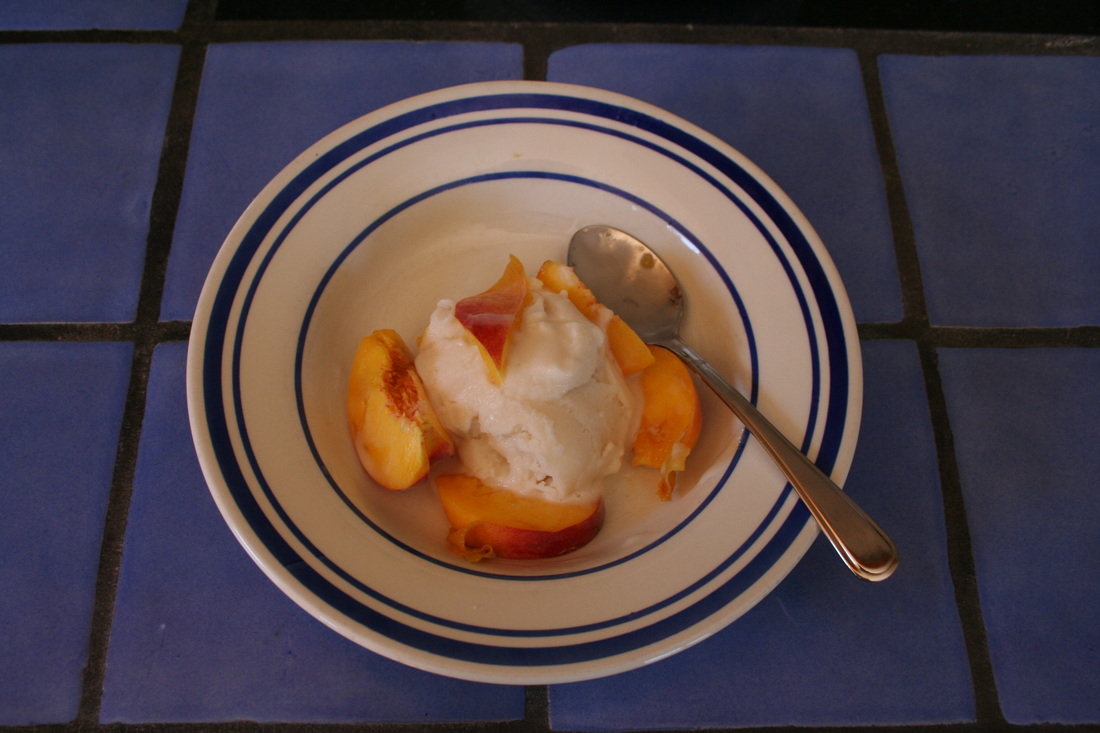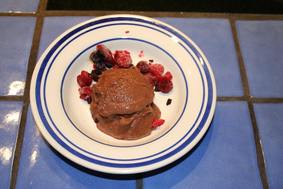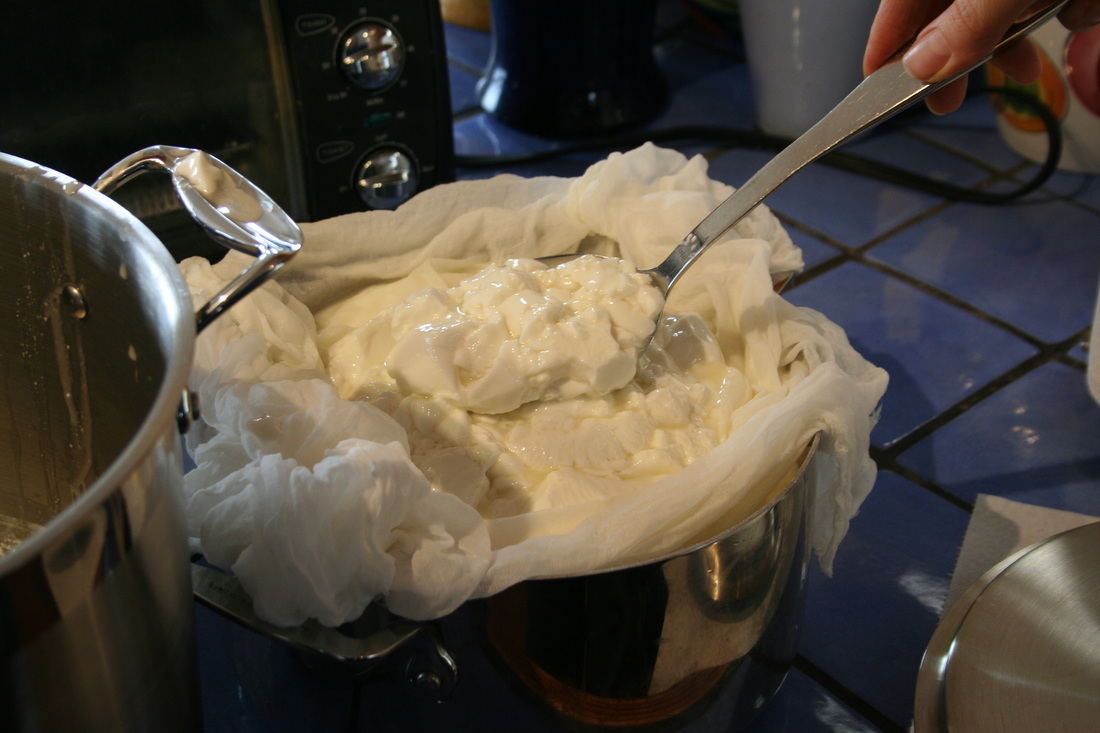THORCREST FARM PUREBRED NUBIAN GOATS
THE PERSON BEHIND THORCREST FARM!
Welcome to Thorcrest Farm! My name is Zoë Thorbergson and I am passionate about advocating for continuing education to promote animal health and welfare and plant and soil health! I have volunteered most of my life in variious organizations: Volunteers are what make things happen and help others!
Along with my academic background in animal management I have raised and cared for goats, pigs, chickens, cows, and horses since early childhood. It is not enough to just do the same thing year after year without knowing why, knowledge is key to progressing your herd and ensuring animal welfare.
Taking education seriously this is a short list of university level courses completed:
We adhere to the Five Freedoms:
Freedom thirst or hungry: by providing proper nutrition and plenty of feed, forage and fresh water.
Freedom from discomfort: by provide access to shelter from the elements and a comfortable resting area.
Freedom from pain, illness, or injury: by providing suitable prevention and/or rapid diagnosis and treatment.
Freedom to express normal behaviour's: by providing sufficient outdoor space, with sunshine and fresh air, proper facilities and the company of other animals of its kind.
Freedom from fear or distress: by providing conditions for normal biological function and behaviour to promote a positive emotional state. We work with our local vet and specialist vets to ensure our animals have the best care.
Why is genetic diversity important? For sustainability and welfare. Genetic diversity means higher health and fertility in both plants and animals! Example, all our chickens our hatched on our farm. We don't support breeding that over emphasizes just one specific trait (egg or meat). Our goals is for hens to lay for years., they may not produce mass amount of eggs like factory farm hens the first year but they keep on laying (unlike the factory hens), some go broody and we let them hatch out eggs.
Regenerative agriculture we promote, rebuilding soil organic matter, increasing soil biodiversity, utilizing carbon drawdown and improving the water cycle.
For our plants, we strive to grow as many perennial as possible. And the annuals are open pollinated. We save our own seeds and also support local seeds suppliers plus small seed suppliers across Canada.
We have always had a veggie garden and my family had goats long before I purchased my first registered Nubian in 1986. Decades of showing, milk test, classification and raising calves and pigs on goat milk fostered an appreciation for having effective management protocols in place.
Ensuring ethical management practices are a key goal. Examples: Our chickens, we only hatch our own, we never purchase chicks from factory hatcheries that dispose of male chicks. And we only have breeds of chickens that are sustainable. Our pigs enjoy pasture, wallows and lots of clean fresh air and sunshine. Our goats are dam raised we only supplement with bottle if needed. Many people ask if our dam raised kids are wild? Yes they are “wild” for attention!
Along with my academic background in animal management I have raised and cared for goats, pigs, chickens, cows, and horses since early childhood. It is not enough to just do the same thing year after year without knowing why, knowledge is key to progressing your herd and ensuring animal welfare.
Taking education seriously this is a short list of university level courses completed:
- Master of Animal Science
- Diploma of Agriculture
- Diploma of Equine Studies
- Diploma of Equitation Science
- Certificate of Equine Science
- Certificate of Animal Care
- Certificate Animal Care Program
- Accredited Animal Health Certificate
- Certificate of Management for Sustainable Soils
- Feed Formulation
- Feed Technology
- Feed: Government Regulation
- Dairy Goat production
We adhere to the Five Freedoms:
Freedom thirst or hungry: by providing proper nutrition and plenty of feed, forage and fresh water.
Freedom from discomfort: by provide access to shelter from the elements and a comfortable resting area.
Freedom from pain, illness, or injury: by providing suitable prevention and/or rapid diagnosis and treatment.
Freedom to express normal behaviour's: by providing sufficient outdoor space, with sunshine and fresh air, proper facilities and the company of other animals of its kind.
Freedom from fear or distress: by providing conditions for normal biological function and behaviour to promote a positive emotional state. We work with our local vet and specialist vets to ensure our animals have the best care.
Why is genetic diversity important? For sustainability and welfare. Genetic diversity means higher health and fertility in both plants and animals! Example, all our chickens our hatched on our farm. We don't support breeding that over emphasizes just one specific trait (egg or meat). Our goals is for hens to lay for years., they may not produce mass amount of eggs like factory farm hens the first year but they keep on laying (unlike the factory hens), some go broody and we let them hatch out eggs.
Regenerative agriculture we promote, rebuilding soil organic matter, increasing soil biodiversity, utilizing carbon drawdown and improving the water cycle.
For our plants, we strive to grow as many perennial as possible. And the annuals are open pollinated. We save our own seeds and also support local seeds suppliers plus small seed suppliers across Canada.
We have always had a veggie garden and my family had goats long before I purchased my first registered Nubian in 1986. Decades of showing, milk test, classification and raising calves and pigs on goat milk fostered an appreciation for having effective management protocols in place.
Ensuring ethical management practices are a key goal. Examples: Our chickens, we only hatch our own, we never purchase chicks from factory hatcheries that dispose of male chicks. And we only have breeds of chickens that are sustainable. Our pigs enjoy pasture, wallows and lots of clean fresh air and sunshine. Our goats are dam raised we only supplement with bottle if needed. Many people ask if our dam raised kids are wild? Yes they are “wild” for attention!
Home Nubians Contact About us Online Farm Stand
copyright © 2000-2024 Thorcrest Farm Purebred Nubians
copyright © 2000-2024 Thorcrest Farm Purebred Nubians
